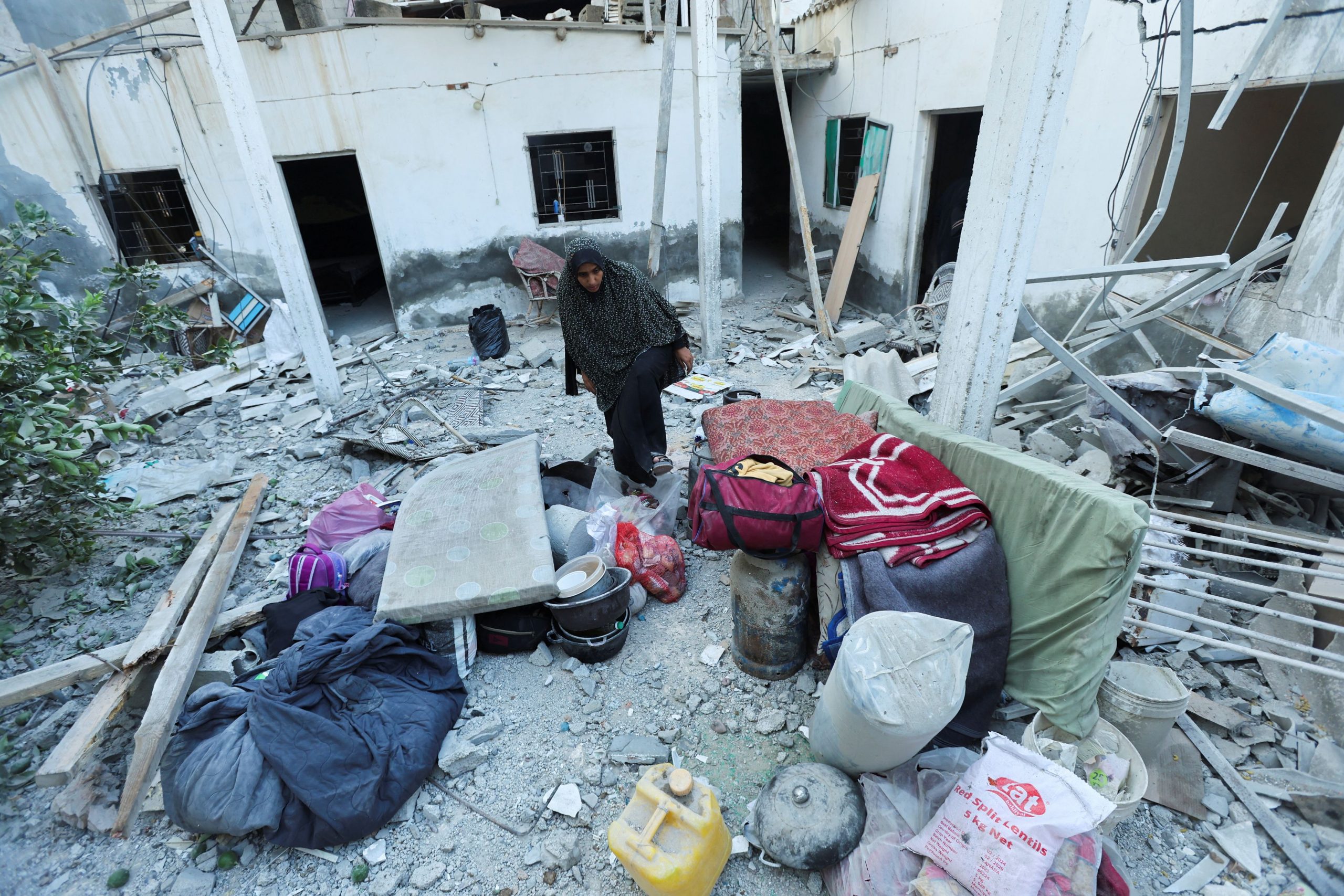Yet again, the Middle East is on the verge of a major conflagration. The smell of gunpowder is in the air once more.
Every new wave of bloodshed is a response to the one before it and the seed for the one that follows.
I don’t know many people who will be mourning the death of the commander of a vile terrorist organization.
But I suspect that many of those who shared his world view will want to avenge him. And, of course, no state worth the name can leave its children at the mercy of terrorism.
But then what? We are entering the ninth month of the cycle of violence triggered on 7 October last year by Hamas’ raid on Israel.
Israel’s retaliation has been unsurprising, brutal, disproportionate at times, and ongoing–with no light visible at the end of the tunnel.
It is obvious that no state can live under constant threat from people who want to wipe it off the map. But it’s just as clear that this repellent give and take of violence and bloodshed cannot go on forever more.
It shouldn’t need saying that every nation deserves security and peace, too.
It’s just that, in the Middle East, the self-evident has been anything but for a long, long time. Especially since religious fanaticism has taken charge of the destabilization game, and military power is the only effective way to keep it at bay.
But it could well be a mistake to place all the blame for the madness on Islam. It’s a big religion, with millions of followers who are by no means all fanatical murderers.
Still, we cannot overlook the fact that it is Iran’s theocratic nomenklatura that is supporting and directing a violent “Party of God” (their God, that is) throughout the Middle East.
And that Hezbollah, Hamas, the Houthis and its other branches bear little resemblance to, say, Swiss Christian Democrats.
This smoldering conflict (actually, the flames are visible) is perhaps the most intractable aspect of the Middle East problem.
It is barely subject to national, historical, ideological or geopolitical parameters, is fed incessantly by irrational fanaticism, and explains why there is no real scope for compromise.
Even the scenes of mass hysteria at the funeral of the Hamas leader provoke horror more than they do piety.
Unfortunately, this is the brutal reality of the Middle East.
And it’s unlikely to change. Just as the cycle of bloodshed is unlikely to end any time soon.



